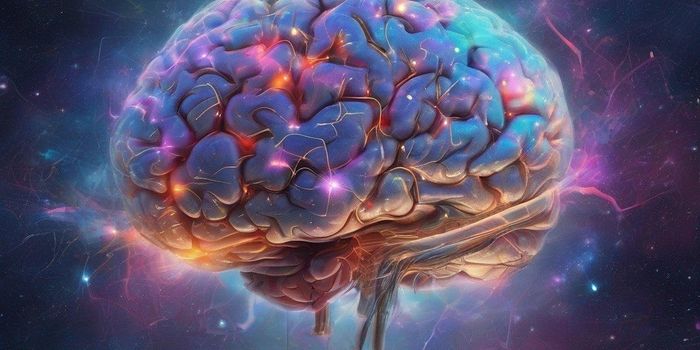Playing Tetris Reduces Flashbacks from PTSD
Playing the video game Tetris can significantly reduce a hallmark symptom of PTSD- unpleasant and intrusive memories of a traumatic event. The corresponding study was published in BMC Medicine.
Tetris is an example of a visuospatial task that some have theorized competes with the same cognitive resources as the mental imagery behind intrusive memories. Previous research has shown that engaging in imagery-competing tasks within a few hours of trauma may result in fewer intrusive memories compared to control tasks.
In the current study, researchers conducted a randomized controlled trial to determine whether playing Tetris reduces flashbacks in patients with PTSD. To do so, they recruited 144 participants with an average of 15 intrusive memories of work-related trauma in the week prior to recruitment and randomized them to either play Tetris with mental rotation or engage in a control, non-visual task: listening to the radio. Participants recorded their flashbacks in a diary.
"With just one guided treatment session, we saw positive effects that persisted after five weeks and even six months after treatment," said lead author of the study, Emily Holmes, Professor at Uppsala University, in a press release.
After five weeks, participants in the gaming group had an average of just one flashback per week, whereas the control group had an average of five per week. At a six-month follow-up after treatment, gaming participants experienced less severe symptoms of PTSD than those in the control group.
“It was surprising to us that the treatment method was so effective and that the improvement in symptoms lasted for six months. I realize that it may seem unlikely that such a short intervention, which includes video games but doesn't include an in-depth discussion of trauma with a therapist, could help. But the study provides scientifically controlled evidence that a single guided digital treatment session can reduce the number of intrusive memories, and that it can be used safely by participants,” said Holmes.
Holmes noted that it is her vision to one day provide a tool that can behave as a ‘cognitive vaccine’ and help prevent and treat early PTSD symptoms, just as some infectious physical diseases are currently vaccinated against.
Sources: Science Daily, BMC Medicine









